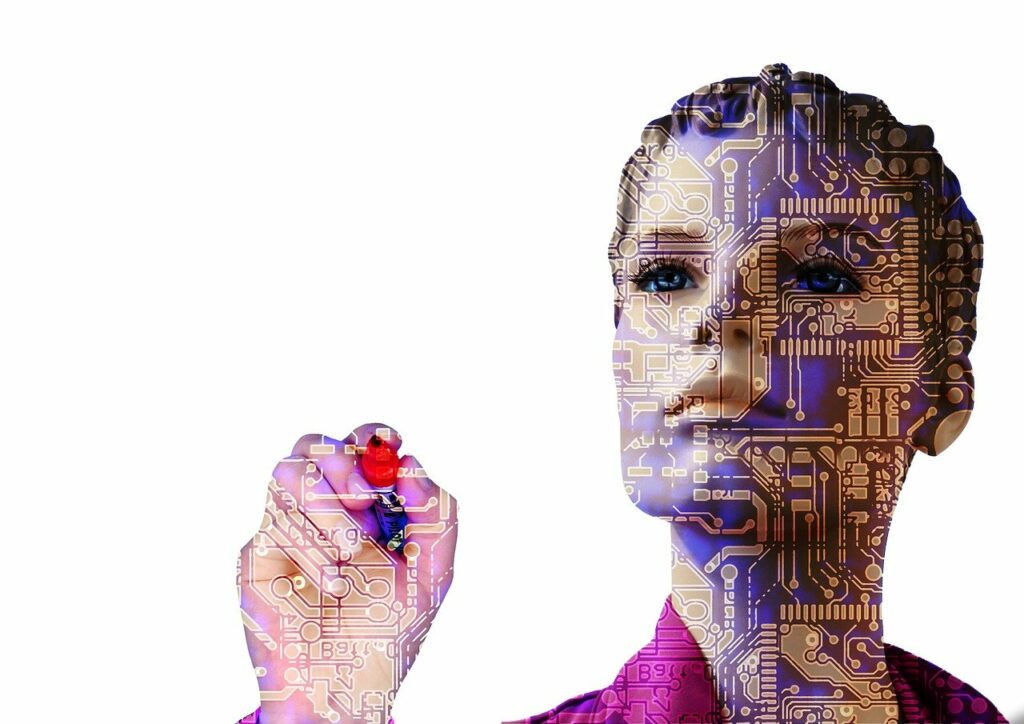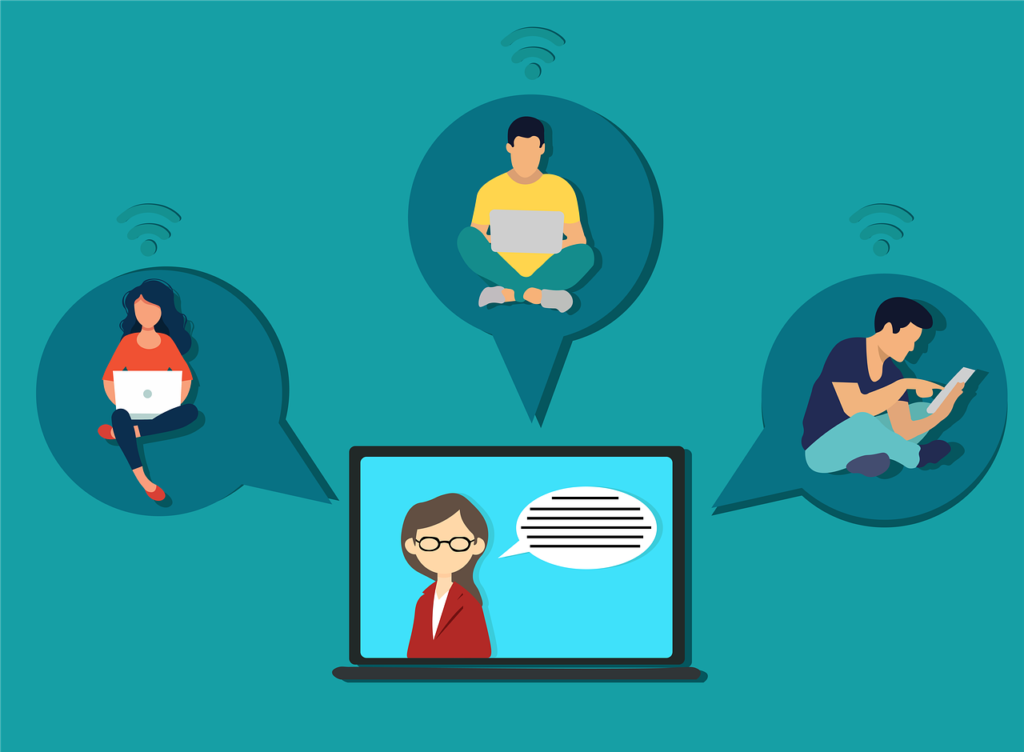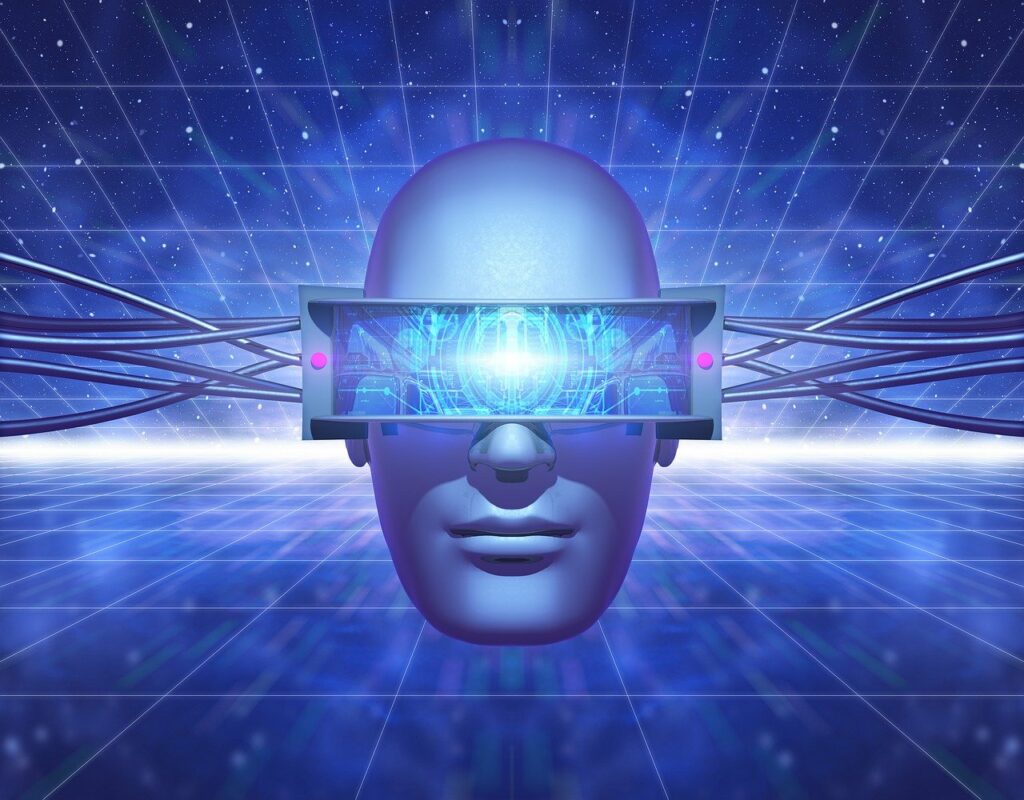Of the technological developments I am predicting a time traveller would see within education in 2035, the use of robots instead of or working with teachers is probably the least likely. I think this may be the case due to the mass unwillingness of teachers and general public to see the use of robots within education. I might be wrong as the volume of educational research regarding robotics is rapidly increasing, suggesting there might be some changes on the horizon.

If we are to see robots as a permanent addition to our education system, it is highly likely that they will only initially be used within science, technology, engineering and maths (STEM) due to their current experimental stage which is showing encouraging results (Kenny, Lemaignan and Belpaeme, 2016). This use of robots in STEM allows for students to involve themselves in high level thought experiments and discussions regarding highly complicated theories. Robots are able to hold many positions within education, the use of them does not mean the replacement and removal of teachers. Robots are able to be instructors, providing complex materials, or learning companions/teaching assistants. I prefer the notion of robots as teaching assistants, providing children with materials in order to nurture and encourage critical thinking and perseverance with the most difficult ideas (Anwar et al., 2019).
Another very interesting role of robots within education which is one I am only recently aware of is that it may be possible in the future to have robot teachers who are able to make pedagogical decisions as well as educational policy decisions. My initial reaction to this was that it is a horrible idea with no place in our future, however I now see this to be a very interesting possibility. Due to robots being a mode of artificial intelligence (AI), they use coding to function, this means their outlook on the world is purely statistical. This results in the idea that robots would be able to make these educational decisions based upon the data they observe, data which human teachers would be unable to collect. An example of this type of data is the accuracy of individual student outcomes. This possibly could create an education system which has pedagogical decisions made due to accurate statistical analysis (Zeide, 2019).

